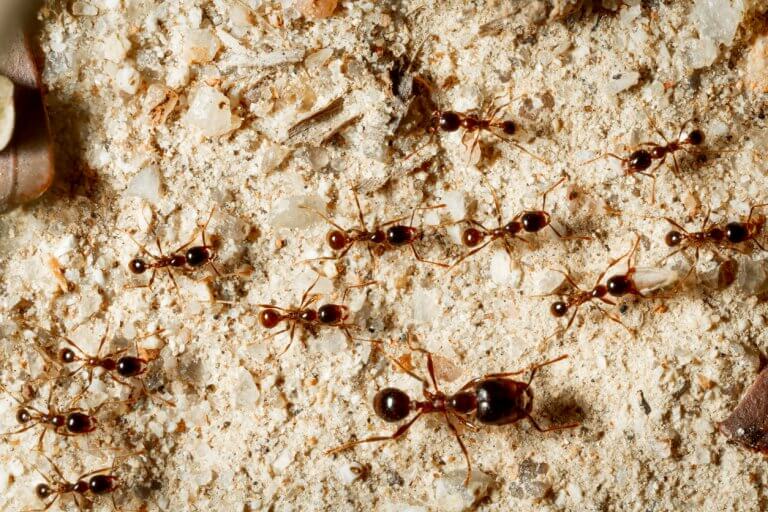

Ants are no strangers to residential properties all throughout Florida. They can be found marching across your kitchen counter, camouflaging with the grout in between your floor tiles, or hanging out by your bathroom sink faucet. These aren’t all the same ant species, though. Of the 10,000 ant species found around the world, about 20 species inhabit the State of Florida.
When it comes to your home, we can bet you’ll do anything to prevent a complete ant infestation. One helpful method to stop an infestation in its tracks is ant education. Knowing which ants your home is vulnerable to may help better safeguard a residential property.
What’s the difference between each ant species?
Ants may seem similar in size and purpose, but each species has its unique characteristics. For example, each ant has a head, thorax, and abdomen. These body regions will surely differ in coloring and shape from species to species. Most ants do have stingers, but some species can inflict more harm than others. Generally, ants are classified as omnivores. From plant nectar to other insects, ants can feast on a variety of sources to get the nutrients they need to survive.
Which ants are common to Florida?
Several different ant species can be found in Florida. Common species of ants include Carpenter Ants, Ghost Ants, Fire Ants, and Pharaoh Ants.
Carpenter Ants are typically red or black in color and have oval body segments. They are a bit more than half an inch long. They tunnel through wood to create nests.
Ghost Ants are mostly pale white in color with dark features. They are less than 1/16 of an inch long.
Fire Ants are a dark reddish brown and are less than half an inch long.
Pharaoh Ants are a light-yellow color and are about 2 millimeters long.
Which ants can be the most harmful?
Of these species, Fire Ants and Pharaoh Ants pose the most concern. If a human is bitten, they can experience severe side effects and may need immediate medical attention. The rest can cause some cosmetic, structural, or landscape damage to your residential property.
Check the perimeter of your home for any small holes where ant colonies can fit through. These insects are small, so keep an eye out for miniscule cracks of entry as well. Be sure to clear your home of unnecessary trash to maintain a clean environment. The less open containers and exposed trash, the lower chance ants will scavenge your home.
For more information on how to identify ants on your property and how to avoid an infestation, contact our team of experts at Manning Pest Control.


